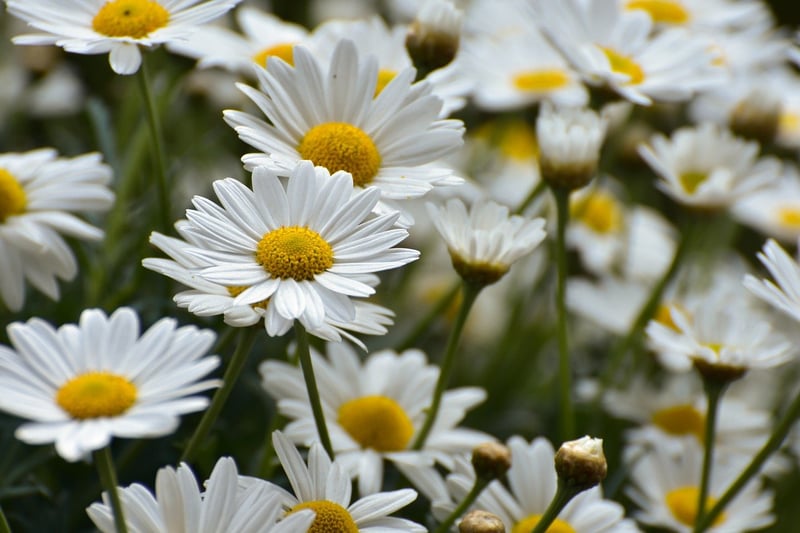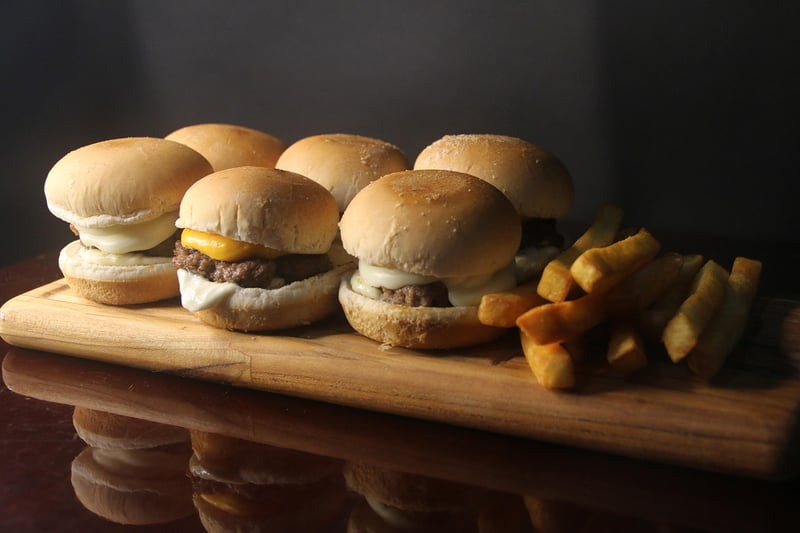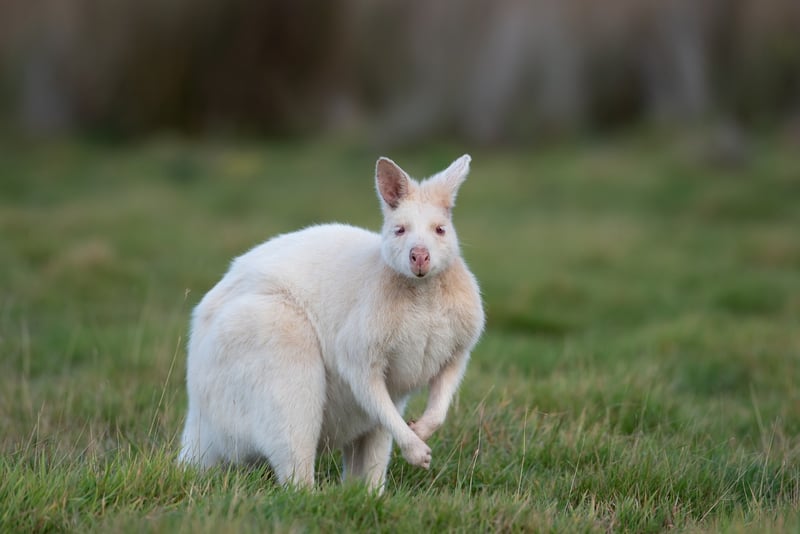Texture Variation
Creating Stunning Vertical Gardens: Layouts and Texture Variation
Vertical gardens are a fantastic way to add greenery and life to any space, whether indoors or outdoors. By carefully considering the layout and texture variation of your vertical garden, you can create a visually appealing and harmonious display that will be the envy of all who see it.
Layouts for Vertical Gardens
When planning the layout of your vertical garden, consider the following options:
1. Grid Layout
The grid layout is a classic design where plants are arranged in a neat grid pattern. This layout works well for a modern and structured look.

2. Random Placement
For a more organic and natural feel, consider a random placement layout. This style mimics how plants might grow in the wild, creating a dynamic and visually interesting display.

3. Vertical Stripe Design
Vertical stripes can elongate the space and create a sense of height. By grouping plants in vertical columns, you can draw the eye upward and make a small space feel larger.

Texture Variation in Vertical Gardens
Texture variation is key to creating a visually interesting vertical garden. Consider the following tips:
- Combine different plant shapes and sizes to create contrast.
- Mix foliage textures such as smooth, glossy leaves with rough, textured leaves.
- Incorporate non-plant elements like rocks or driftwood for added texture.
By incorporating a variety of textures, you can add depth and dimension to your vertical garden, making it a captivating focal point in any space.
Remember, the key to a stunning vertical garden is creativity and experimentation. Play around with different layouts and textures to find what works best for your space and personal style. With a bit of planning and imagination, you can create a vertical garden that is not only aesthetically pleasing but also a joy to maintain and admire.
